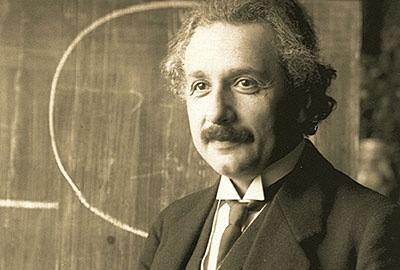 2022-05-09
2022-05-09
Spotlight: Genghis Khan
- ArticlesandContent.com (CIRCA 2005)
- /
- Oct 8, 2021 (written 2005)
Genghis Khan was born with the name Temuujin, the son of a chieftain of the Borjigin clan in approximately 1162.
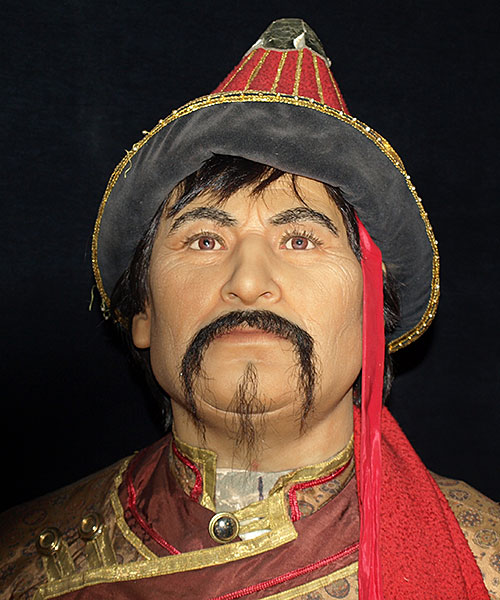
A difficult nomadic childhood and youth taught him the importance of diplomacy and alliances. Prior to becoming Khan of the Mongols, he successfully untied many smaller nomadic tribes into a single cultural identity, that of the Mongols. This act provided the basis for his powerful and brutal armies, and his military successes. Temuujin became Genghis Khan in 1206, after creating a single unified army and confederacy of the nomadic Mongol tribes.
One of the most memorable historical stories surrounds his death. Genghis Khan’s body was escorted to a place unknown to this day, although likely somewhere in Mongolia. History tells us that anyone who met with his funeral escort was put to death to keep the site of his grave hidden from all.In the West, Genghis Khan is often remembered for the brutality of his troops and his rule. In the East, he is a great and much loved historical figure. Without a doubt, Genghis Khan was a great ruler who led his people, maintained order, and expanded his empire. He was also a brutal man, and one who led with force and fear. Rebellion was squashed quickly and his troops killed both soldiers and civilians. Genghis Khan was a great military leader, a fine strategist and an able administrator. He employed the most modern military technology and strategy, but part of his success was in his very brutality. There was no room for anything but surrender in the Mongol empire under Genghis Khan.
“Heaven grew weary of the excessive pride and luxury of China... I am from the Barbaric North. I wear the same clothing and eat the same food as the cowherds and horse-herders. We make the same sacrifices and we share.. our riches. I look upon the nation as a new-born child and I care for my soldiers as though they were my brothers.”
Genghis Khan’s armies took control of a huge amount of land, and over the thirteenth century, the Mongol empire expanded even further, eventually becoming the second largest empire in the history of the world, even today.
More From People
 2022-05-09
2022-05-09
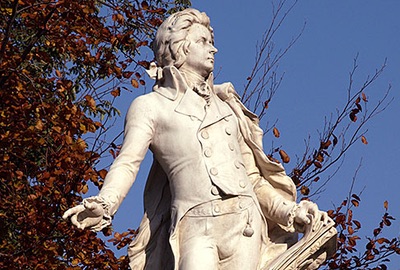 2022-05-09
2022-05-09
Spotlight: Mozart Child Prodigy
 2022-05-09
2022-05-09
Spotlight: Marco Polo A Great Venetian Explorer
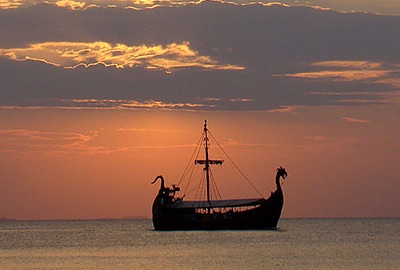 2022-05-09
2022-05-09
Spotlight: Erik the Red
 2022-05-09
2022-05-09
Spotlight: Leif Erickson
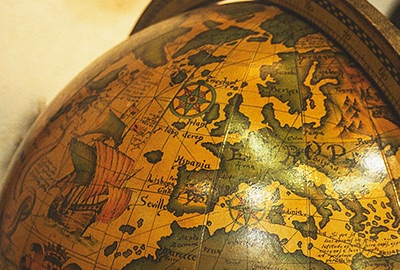 2022-05-09
2022-05-09
Spotlight: Ferdinand Magellan
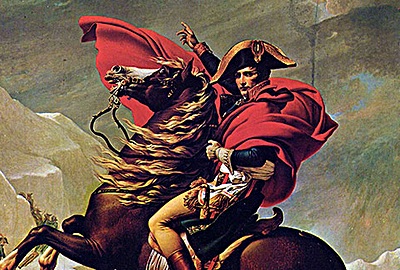 2022-05-09
2022-05-09
Spotlight: Napoleon Bonaparte
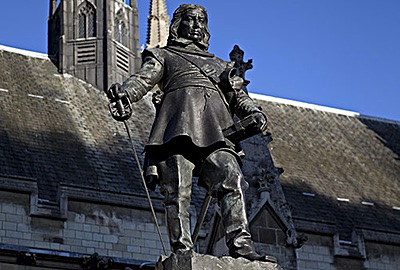 2022-05-09
2022-05-09
Spotlight: Oliver Cromwell
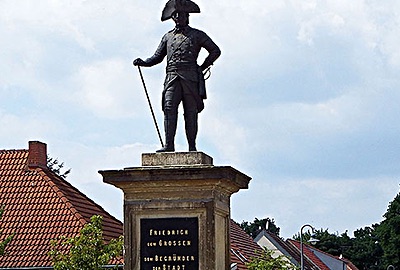 2022-05-09
2022-05-09